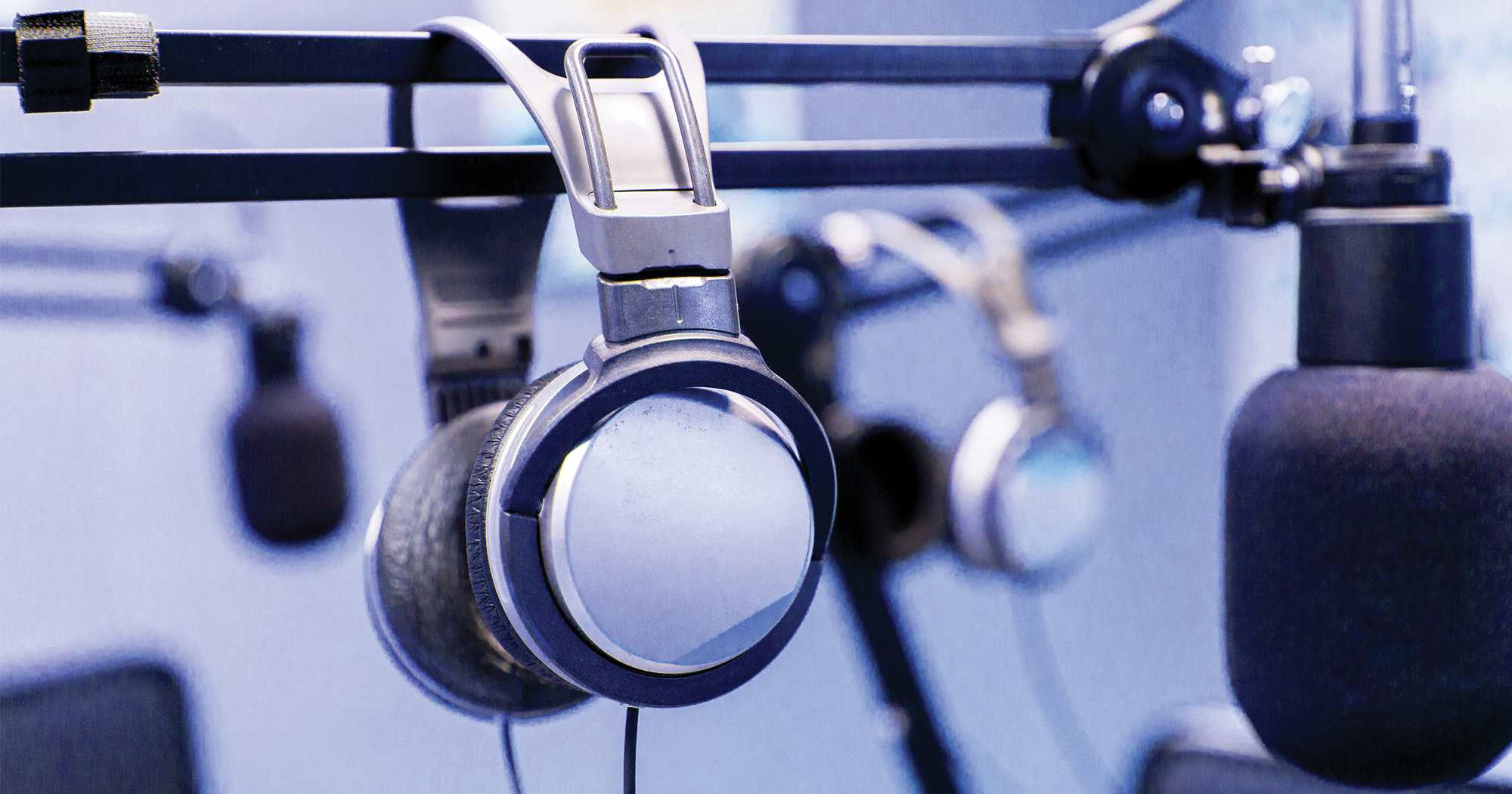Listen: It's the Sound of Audiobook Success

Way back before the invention of the iPhone, the MP3 player, CDs, cassettes, and 8-track tapes—heck, even before the printed word was widely used—there was this cranky old man named Socrates. Famous philosopher. You may have heard of him. Anyway, we only know about Socrates because his students wrote down all those deep philosophical things he said. Socrates, himself, did not write. In fact, you could say he was vehemently anti-writing. Socrates believed the human brain was meant to be actively engaged by a teacher giving an oration. Introduce this newfangled thing called “books” and “reading” and what you have is the head passively filled with ideas devoid of critical understanding. The written word would give the young a “false conceit of wisdom,” he said.
Obviously, Socrates lost that battle. He lost it so badly, in fact, that today many otherwise bright people have the false idea that receiving wisdom via the ears, rather than the eyes, is too passive, too dumb, that it’s somehow cheating. In a kind of “reverse-Socrates,” though, the idea that audiobooks are “less than” the printed word is likely to feel old-fashioned within a generation or two. That’s because audiobooks represent the fastest-growing segment of the publishing industry. Money is changing hands. Listeners, authors, and publishers are happy. In 2015, audiobook sales jumped 21 percent over the previous year, according to the Audio Publishers Association.
It makes sense when you think about it in evolutionary terms. Writing is a new invention, after all. Humans evolved as oral storytellers, passing on wisdom from generation to generation through tales voiced in our ears.
So, why are we turning more and more to audiobooks at this point in history? There’s a combination of social and technological factors at play. The technological factors are easy to identify. Audiobooks used to come inside giant, bulky binders full of cassette tapes. Now, they are weightless and ubiquitous, with the ability to reach your ears from your phone to your car. When you read a print book, you usually need to be holding still, in a well-lit room, with minimal distractions. Audiobooks allow you to read while you exercise, commute to work, do household chores. For me, that’s the biggest selling point. Whether I’m running long distances, dropping my kids off to school, or doing the dishes, I can also read a book.
“Audiobooks bring the joy and intellectual stimulation of reading into the reach of the story lover on-the-go and, perhaps even more importantly, audiobooks bring into the bookworm-fold new readers who might have felt turned off, bored, or intimidated by books in print form,” says Lauren Maturo, senior publicist at Blackstone Audio Inc., a major producer of audiobooks. Maturo said Blackstone expects continued growth in audiobook sales.
That said, there is a separate art to reviewing audiobooks. For the books reviewed in this special audiobook edition, we of course tell you if it’s a good book, but we also evaluate the sound quality, the narrator’s voice, pronunciations. You’re stuck with the same person in your ear for hours, so it better be an enjoyable listening experience.
Wonder what Socrates would have thought of being reviewed? Well, turned out, he was. And his critics were merciless. It was decided that his stories were corrupting the youth, so his critics invited him for a chat over biscuits and poisonous hemlock. We’re not so harsh. We picked some great audiobooks for this special edition. Listen.
For our audiobook selections, you’ll find our reviews below.

Howard Lovy is executive editor at Foreword Reviews. You can follow him on Twitter @Howard_Lovy
Howard Lovy
